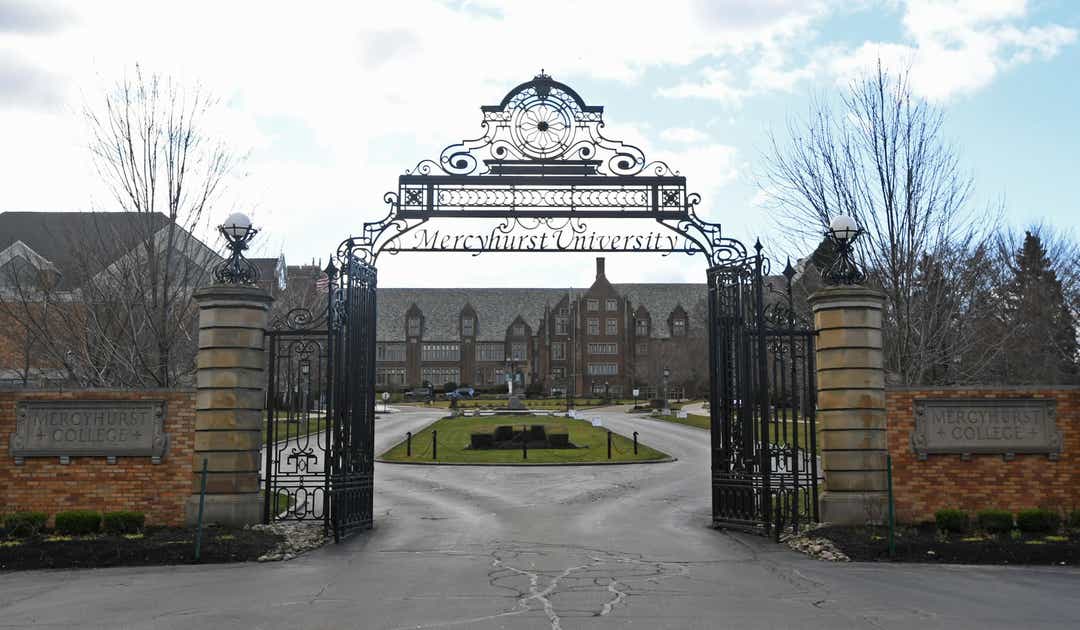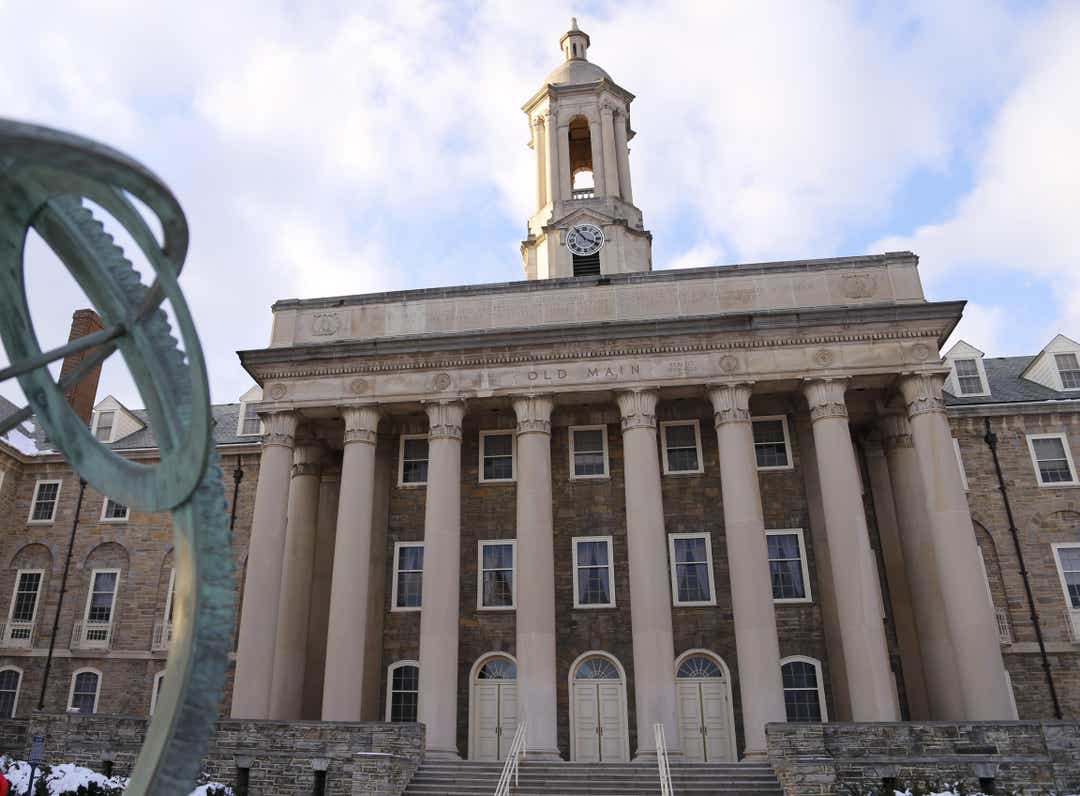PA colleges battle parties in age of coronavirus as students return to campus
Kim Strong York Daily Record
Published 6:00 AM EDT Aug 26, 2020
After Henrique Marchi watched the full-out revelry of about 200 Penn State freshmen last week, he started a petition to send them home.
The video of students partying outside East Halls, a dormitory complex for 4,000 students, caught fire on social media as soon as it posted, much of the commentary from students condemning their peers, who had arrived just two days earlier.
One student tweeted: "The freshman at Penn State need to be put on lockdown IMMEDIATELY. I refuse to have THEM be the ones that send us home."
Nearly 7,000 people had signed Marchi's petition by the university's first day of classes, Aug. 24.
"I saw the video, and I thought: They can’t be doing this," said Marchi, who doesn't actually want anyone to be sent home but hopes the petition serves as a warning to any students who consider breaking the rules.
The worry at college campuses across the state is for that one match to be lit. It would take just one spark - one party that's too large or one event with people too close together - to cause an outbreak of the coronavirus, sending everyone home.
The scene at Penn State played out on campuses from Philadelphia to Erie, as college students returned to campus and did what they inherently know how to do: congregate and socialize.
It was among the top worries of college administrators - and students themselves.
Penn State President Eric Barron reacted to the freshman party on his campus with this: "Last night’s behavior is unacceptable. I ask students flouting the university’s health and safety expectations a simple question: Do you want to be the person responsible for sending everyone home?"
Working the plan

In order to bring back Mercyhurst University's 3,500 students to its Erie campus, Laura Zirkle hasn't had a vacation since the end of April.
She's the vice president of student life for the school as well as the chair of the COVID-19 task force. The preparation for welcoming students involved, frankly, everyone.
"Literally on a campus this size, hundreds and hundreds of people" have been involved in planning the return to school last week, she said. "It would be much easier on campus to find somebody who wasn’t involved with this, and I don’t even know who that would be."
The details are overwhelming, even for a small campus like that one, as administrators tackled the shifting sands of Erie County's virus count all summer and whether they would be in the red, yellow or green phase in late August (all Pennsylvania counties are in the green phase now).
"How do you teach students? How do you have students on campus safely? How do you feed them? How do you keep who we are and what we do and keep it as safe as we can from COVID?" Zirkle said.
Like Penn State and other campuses across the country, they've heard rumors about social gatherings, and administrators have gone straight to the students to warn them this is the behavior that could send them home.
The gravitational pull so many students have toward parties worried administrators.
"If we didn’t think we had a good chance of controlling that -- not a perfect one, but a good chance -- then we had to look at how we would move forward," Zirkle said. But they worked on motivating students with conversations about sacrifices and caring for the faculty and community members around them. "We call it winning their hearts and minds."
What was unexpected was the way upperclassmen have put pressure on their younger peers.
Mary Dolheimer calls it "social norm-ing."
She's the chief communications and marketing officer York College of Pennsylvania, where they have also noticed older students reporting on younger ones.
When classes started there last week, the upperclassmen came in early, an attempt by the college to ease students back to campus. By Tuesday evening, administrators already had reports of loud and too-large gatherings on Jackson Street, a place where Greek life, student off-campus housing and the homes of local residents all co-exist.
President Pamela Gunter-Smith's reaction was clear and swift.
In a letter to students, she wrote, in part: "This is your official warning that this type of behavior will not be tolerated, and that there will be consequences for hosting noncollege-sanctioned parties. Moving forward, College officials will investigate reports of any large gathering of students. ALL residents who live at the house where a party is held will be brought before our Student Conduct Board."
'We've felt in the dark'
Zachary McKay spent the first day of his senior year at Penn State going to classes, then he fired up his laptop to be interviewed by Anderson Cooper on CNN.
He's the student body president at main campus, and he's so worried that the university isn't fully prepared that he thinks the campus should shut down now.
"I think they have to make the moral and responsible decision to send students home, at least at the University Park campus," he said. " We recognize that it’s going to hurt local businesses and change the college experience, but there can be no livelihood without your lives, and that’s what matters to us the most."
The freshman party outside of the dorms last week displayed to McKay one of the flaws with the university's plans: Who's responsible for policing social gatherings?
"Police are showing up to events like the one last Wednesday and, frankly, shrugging their shoulders," McKay said. They were looking at resident assistants to control the crowd, he said, but the university hasn't prepared them for it.

He believes that a COVID-19 outbreak will close down the school, and the blame will fall -- unfairly -- on the students for congregating.
"I don’t know that the entire blame can be put on the students, but I don’t know that the blame can be put fully on the administration either," he said. "Maybe instead of pointing fingers, we just need to realize this is a challenge that puts the best of us to the test."
More: Costly COVID-19 mistakes: Pa. colleges learned from spring semester
More: James Franklin tries to push Penn State ahead: 'We were showing that the plan worked.'
Fear of missing out
There's a worry among students -- especially seniors -- that this school year will be stolen from them.
Isabella Sanchez Castañeda lost out on the final months of her senior year at Villanova University. She graduated in May.
"We were grieving those last two months of school," she said. "You see the seniors now who are thinking: We may be grieving our entire senior year."
Just like campuses across the state, Villanova had its own dust up, as hundreds of freshmen congregated outside residence halls on Aug. 12. Just like Penn State's experience, most of the students weren't wearing masks or social distancing.
"This gathering was not an organized or sanctioned university event, or a student party. This was an impromptu gathering [outside the South Campus residence halls] of new students getting to know one another," said Jonathan Gust, executive director of media relations. "That said, it was clearly not in line with social distancing and other university guidelines."
Sanchez Castañeda said Villanova enforces the rules it sets, but she understands what's happened there and elsewhere.
"It's first weekend jitters," she said. "First weekend, let’s push the envelope as far as we can."
McKay, the University Park student body president said: "I want as regular an experience as possible and memories that will last a lifetime, but the times require a different experience from us. And I think that we can still have an experience if we move off campus or go home."
Penn State has already suspended two fraternities for breaking the COVID-19 university rules.
Its dashboard for active cases this week shows two positive tests for students. Temple University's shows nine on campus; six off. The University of Pittsburgh has 11 active student cases.
Kim Strong can be reached at kstrong@gannett.com.
tinyurlis.gdu.nuclck.ruulvis.netshrtco.de
